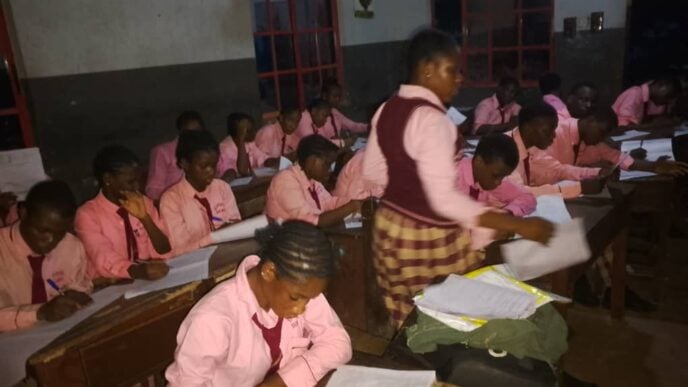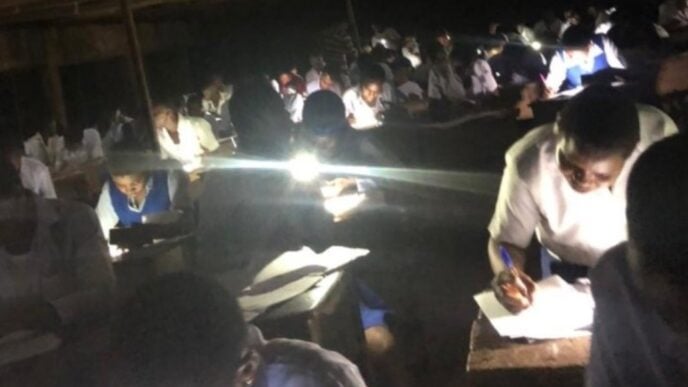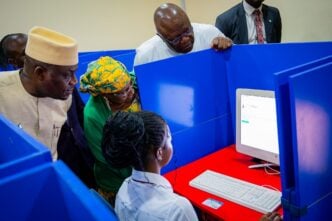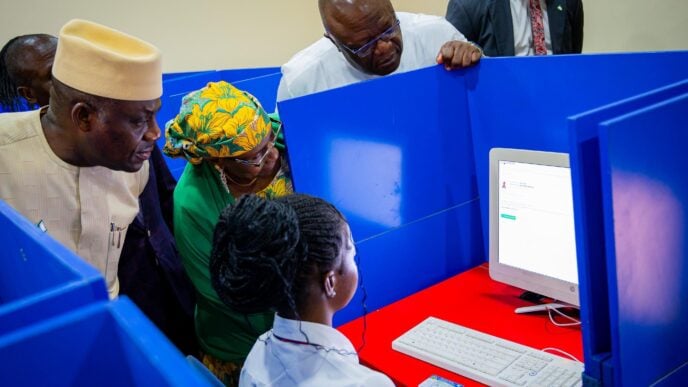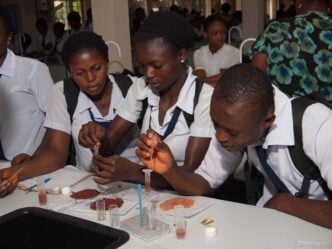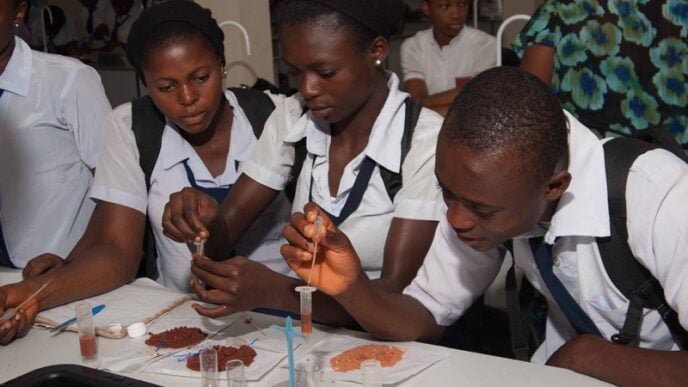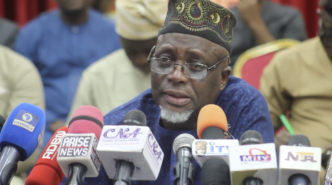Tunji Alausa
The federal government is set to establish eight state-of-the-art medical simulation centres across Nigeria in a bid to enhance medical education and training.
Tunji Alausa, the minister of education, inaugurated of a 19-member implementation and monitoring committee for the initiative on Wednesday.
He said the centres will provide immersive learning environments for medical students and healthcare professionals, enabling them to practise and improve their skills in a controlled setting.
The committee is chaired by renowned neurosurgeon Wale Sulaiman.
Advertisement
Alausa noted that findings from an earlier ad-hoc committee revealed that medical simulation centres are virtually non-existent in Nigerian medical institutions.
He also said modern tools such as virtual patients and telemedicine platforms remain underutilised.
To bridge the gap, Alausa tasked the committee with finalising the proposal.
Advertisement
He said they will ensure alignment with the project’s objectives, monitoring implementation, and developing quality assurance measures/standard operating procedures.
“Specifically, the terms of reference include working with selected institutions on the set-up, providing project management oversight, and ensuring that each centre meets global standards,” Alausa said.
The minister added that the initiative aims to improve patient safety, reduce medical errors, and increase the number of skilled health professionals in the country.
“We’re starting with eight simulation centres, which is quite good. The idea is to scale up as funding allows, so eventually, all medical schools and teaching hospitals will have their own centres,” he said.
Advertisement
Alausa also stressed the importance of financial sustainability, urging the committee to develop social mobility models and ensure alignment between medical schools and teaching hospitals.
“You have to make sure these centres are financially sustainable. Institutions will handle procurement based on TETFund standards, but the committee must ensure that what is procured meets world-class standards,” he said.
Sonny Echono, executive secretary of the Tertiary Education Trust Fund (TETFund), said simulation-based training is a cornerstone of modern medical education widely adopted in developed countries.
He commended the minister for his support and commitment to TETFund interventions.
Advertisement
Aminu Bello Masari, the chairman of the TETFund board, expressed confidence in the committee’s capacity to deliver on its mandate.
Wale Sulaiman, the committee chairman, assured that it would work diligently, highlighting the importance of collaboration and stakeholder engagement in achieving its objectives.
Advertisement
Medical simulation centres are specialised facilities that replicate clinical environments using advanced technology to provide hands-on training for medical students, healthcare professionals, and emergency responders.
These centres use tools like high-fidelity mannequins, virtual reality, standardised patients, and interactive software to simulate real-life medical scenarios, allowing learners to practice diagnostic, surgical, and decision-making skills in a risk-free setting.
Advertisement


